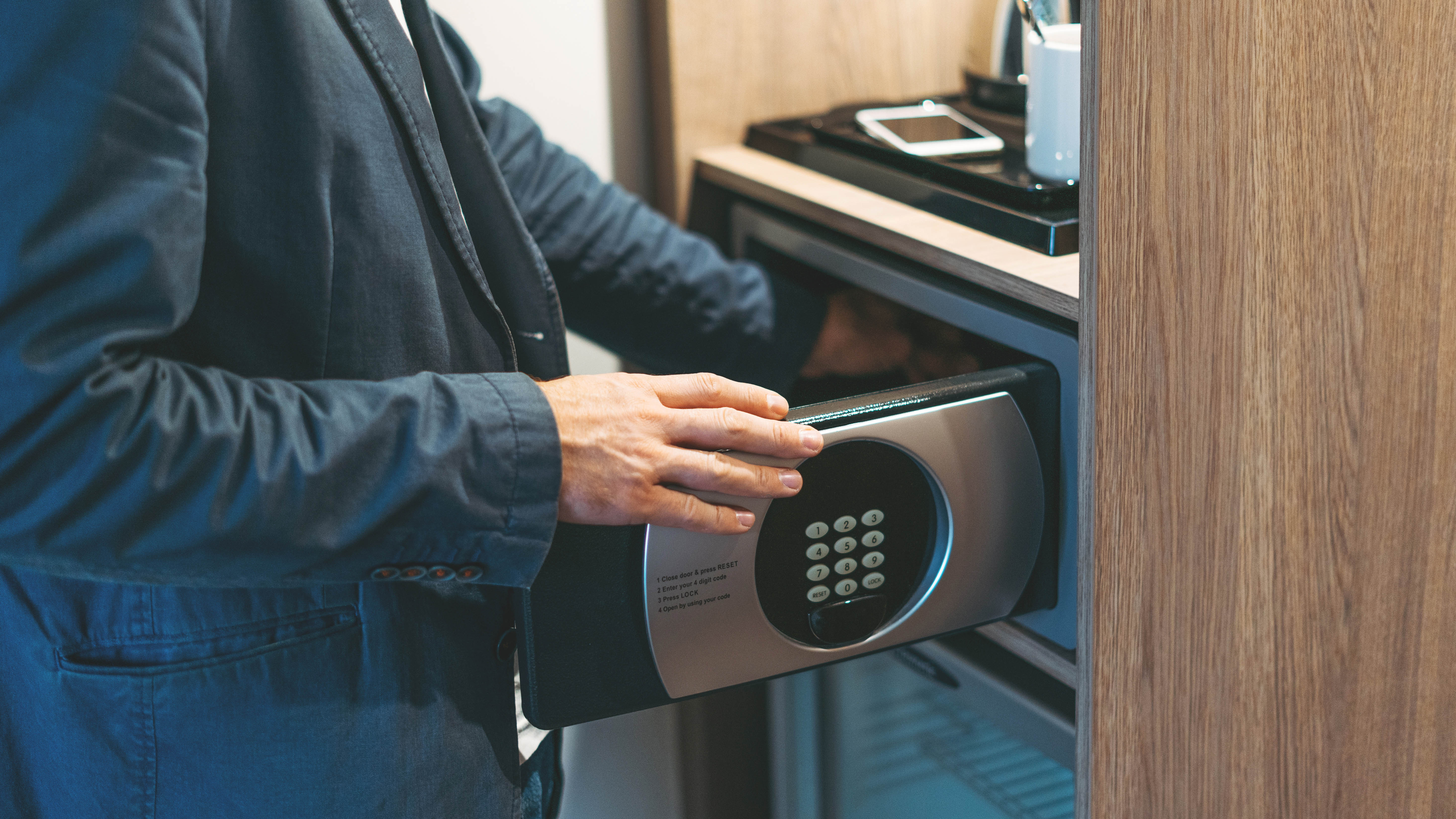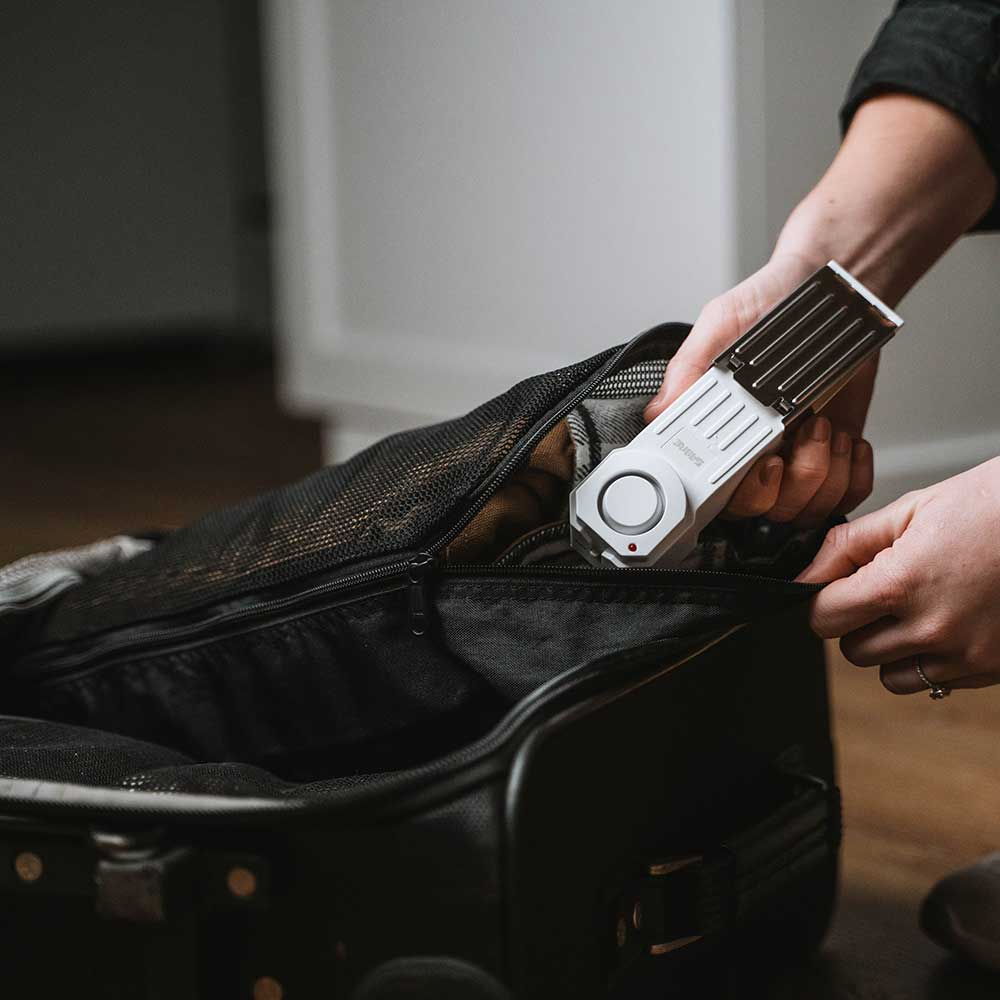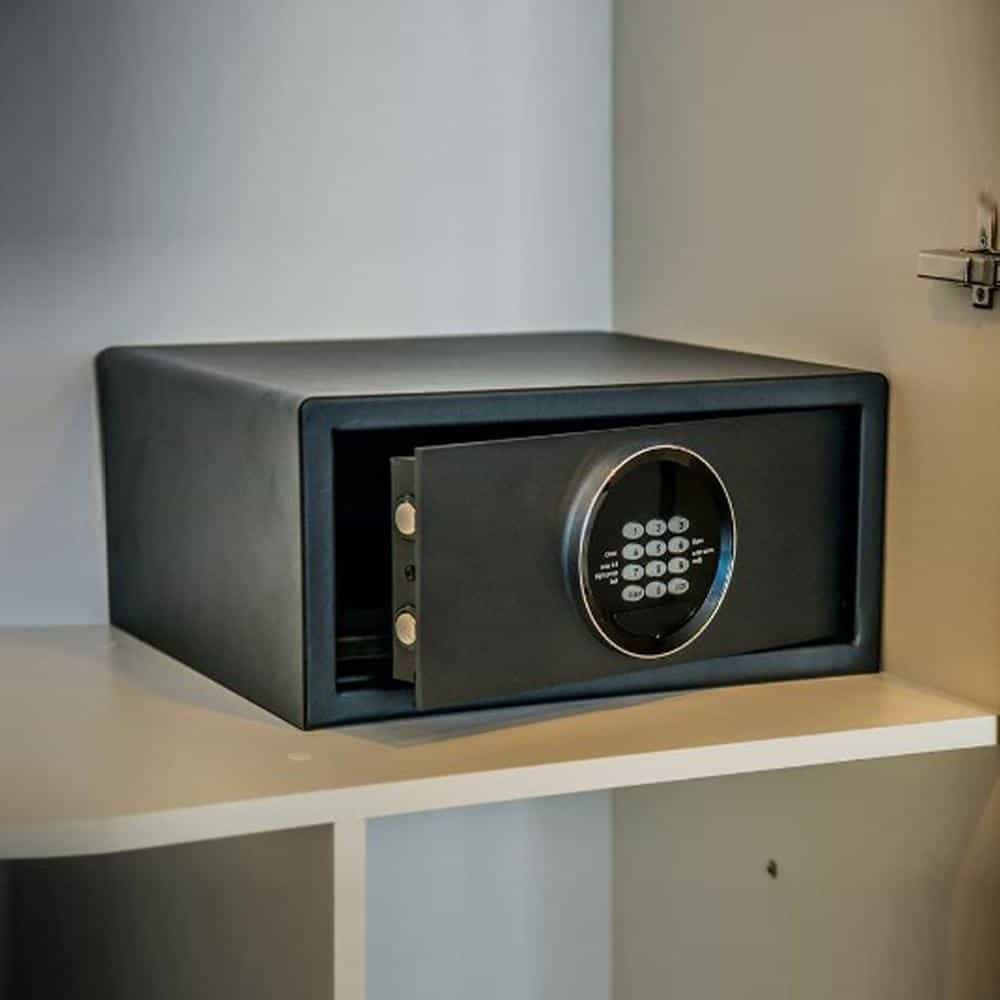Hotel safes are a common feature in most accommodations, offering guests a seemingly secure place to store their valuables. However, the question remains: are hotel safes truly safe? While they are designed to protect belongings from theft, there are several factors that can compromise their effectiveness. Understanding these risks and taking proactive steps can help travelers safeguard their possessions more effectively.
The Basics of Hotel Safes
Most hotel safes are either built-in or portable units that require a combination or key to access. Built-in safes are typically installed in the wall or behind a panel, while portable safes are often placed on a table or shelf. Both types are designed to deter opportunistic thieves, but their security level varies depending on the hotel’s policies and the type of safe used. Some hotels use high-quality, fireproof safes with advanced locking mechanisms, while others may have older models that are more vulnerable to tampering.
Common Vulnerabilities of Hotel Safes

Despite their intended purpose, hotel safes are not foolproof. One of the primary concerns is the potential for staff members to have access to the safe’s combination. In many cases, hotel employees are provided with master keys or combinations to access guest rooms for maintenance or emergencies. This means that even if a guest locks their valuables inside, someone with the right access could potentially retrieve them without the guest’s knowledge.
Another vulnerability is the possibility of lock-picking or forced entry. While modern safes are generally resistant to basic tools, determined individuals with the right skills or equipment might still be able to bypass the security measures. Additionally, some safes may have weak electronic locks that can be hacked or overridden with specialized devices.
What You Can Do to Protect Your Belongings

To minimize the risk of losing your valuables, it’s essential to take certain precautions before leaving your items in a hotel safe. First, always verify that the safe is functioning properly and that you understand how to lock and unlock it. If you’re unsure about the process, ask the front desk for assistance. It’s also a good idea to keep a copy of your room number and the safe’s location in case you need to locate it later.
In addition to using the safe, consider carrying only essential items with you when you leave the room. Leave expensive jewelry, passports, and other sensitive documents in the safe rather than in your luggage. If possible, avoid storing large amounts of cash in the safe, as this can make you a target for theft. Instead, use a small amount of cash for daily expenses and keep the rest secured elsewhere.
Alternative Security Measures

For those who are particularly concerned about the safety of hotel safes, there are alternative options available. Some travelers opt to use personal travel locks that attach to the safe’s door, providing an extra layer of protection. These locks can be purchased at most hardware stores or online and are relatively inexpensive. Another option is to use a portable safe that you bring with you, which offers greater control over the security of your belongings.
Additionally, many hotels now offer digital lockers or smart storage solutions that allow guests to access their items using a mobile app or unique code. These systems can provide a higher level of security and convenience, especially for frequent travelers who value both privacy and accessibility.
Conclusion
While hotel safes are designed to protect your valuables, they are not entirely impervious to theft or tampering. By understanding the potential vulnerabilities and taking appropriate precautions, you can significantly reduce the risk of losing your belongings. Whether you choose to use the hotel’s safe, a personal lock, or an alternative storage solution, the key is to remain vigilant and informed. With the right approach, you can enjoy your travels with peace of mind, knowing that your possessions are as secure as possible.



